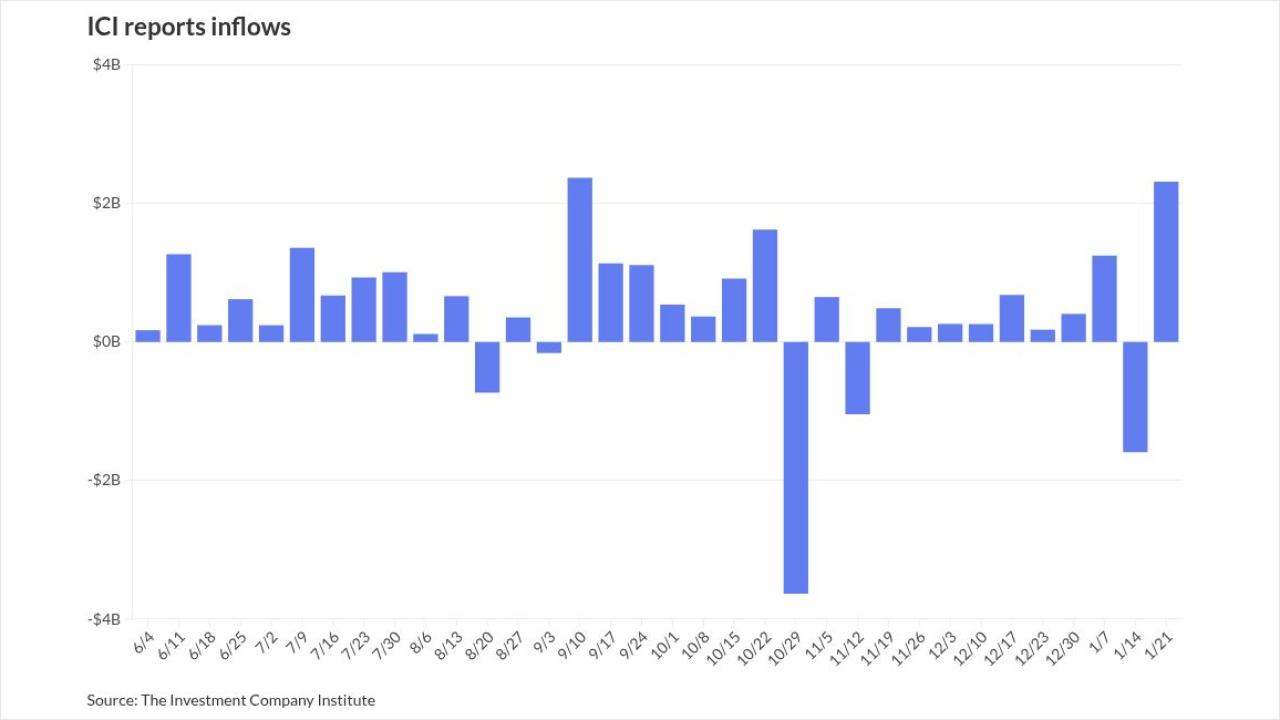New rhetoric from the Biden administration may add a degree of difficulty to the nonprofit hospital merger trend that remains solid in the wake of the COVID-19 pandemic.
A total of 27 mergers and acquisitions involving not-for-profit and for-profit hospitals were announced in the first half of the year, compared to 43 for the first half of 2020, but the revenue accounted for in the transactions remains on par at $17.2 billion this year compared to $17 billion last year. The numbers for the
President Biden on Friday signed a sweeping executive order targeting anti-competitive practices across a swath of sectors including technology, transportation, banking, labor, insurance, and healthcare, with federal agencies ordered to implement 72 initiatives.

The order has a lot to say about hospitals.
“Hospital consolidation has left many areas,
The order directs the Federal Trade Commission, which must sign off on mergers and acquisitions, and the Justice Department “to review and revise their merger guidelines to ensure patients are not harmed by such mergers” and vigorously enforce antitrust rules.
The directive applies retrospectively to past mergers, not just those going forward.
Hospital industry advocacy groups pushed back on some of Biden’s assertions while municipal market participants are taking a watchful approach to how the administration's scrutiny might influence strategies that are already evolving due to the pandemic.
“The impact of the executive order will take some time to fully evaluate” but “prior to the Biden administration, the federal authorities had already intensified scrutiny of health system/hospital mergers. Although this scrutiny may increase, it was already starting from a high level,” said Anu Singh, a managing director at the healthcare advisory firm Kaufman Hall. “The executive order takes a more holistic view of enforcement across broader segments of the industry, with what appears to be heightened consideration of health plans and pharmaceutical companies as well.
“Partnerships and collaborations are increasingly moving away from hospital-hospital deals and these cross-vertical initiatives — including partnerships between health plans and health systems — may be less likely to be impacted than horizontal partnerships,” he said.
“Affiliation discussions between systems are increasing and could signal a breakout to higher levels of consolidation activity in the coming quarters,” the advisory firm Ponder & Co. said its second quarter review published Thursday. “Tempering that expectation is the recent executive order from the White House directing the Justice Department and FTC to review and revise their merger guidelines with an ambiguous directive to ensure patients are not harmed by mergers.”
Hospital groups questioned the need for additional scrutiny or changes to existing reviews.
“The best of intentions can be misguided,” Chip Kahn, head of the Federation of American Hospitals, said in a statement.
“Ensuring access to needed medical attention for rural Americans is not going to be assured by excessive antitrust enforcement action of the FTC or Justice Department. Miring hospitals in legal and bureaucratic red tape will simply slow critical care to the bedside,” Kahn said.
“It is important to stress that hospital mergers and acquisitions undergo an enormous amount of rigorous scrutiny from the federal antitrust agencies and state attorneys general,” Rick Pollack, head of the American Hospital Association, said in a statement. “Health systems can be a particularly important option for retaining access to hospital services in some rural communities. Mergers with larger hospital systems can also provide community hospitals the scale and resources needed to improve quality and decrease costs.”
Consolidation activity in the second quarter dropped below pre-pandemic historical averages with 14 announced transactions although that was consistent with the second quarter of 2020, according to Kaufman Hall. The smaller number of transactions was offset by a high number of transactions with seller revenues above $500 million, including one “mega merger” involving two companies with over $1 billion in annual revenue. The 14 adds to 13 transactions announced in the
The mergers announced in the first half underscore a shift in focus from acquisitions of small, independent hospitals to regional partnerships, Kaufman Hall said. “For health systems, partnerships focused on resource sharing within a defined geography proved valuable during the heights of the COVID-19 pandemic. Strong regional market presence allowed health systems to partner with health plans and local employers by offering the necessary scale for population-health-focused initiatives,” the report noted.
Second quarter announcements included Spectrum Health and Beaumont Health’s intention to form a combined system that would have approximately $13 billion in annual operating revenue, Tenet Healthcare’s plans to sell five hospitals in south Florida’s Miami-Dade and Broward Counties to Steward Health Care System, and Piedmont Healthcare’s plans to acquire four Georgia hospitals from HCA Healthcare. In a separate announcement, University Health Care System in Augusta, Georgia, stated its intention to join Piedmont Health.
For the second quarter, for-profit health systems were the acquirers in two of the 14 announced transactions, academic medical centers or university affiliates were the acquirers in three, and a religiously sponsored systems was the acquirer in one. Other not-for-profit systems were the acquirers in the remaining eight transactions.
Ponder said the first half of the year saw a similar level of announced transactions as seen quarterly in 2020 and 2019. For-profit divestitures represented 30% of second quarter volume compared to 41% in 2020 while for-profit acquisitions of not-for-profit entities remained very low for the second straight quarter.
“With the pandemic largely subsiding in most parts of the country, Q2 2021 benefited from the reopening of regular lines of communication between organizations with less focus on managing the crisis of the pandemic. As such, 50% of the hospitals that announced transactions in the quarter were independent hospitals compared to less than 30% in Q2 2020,” Ponder said.





